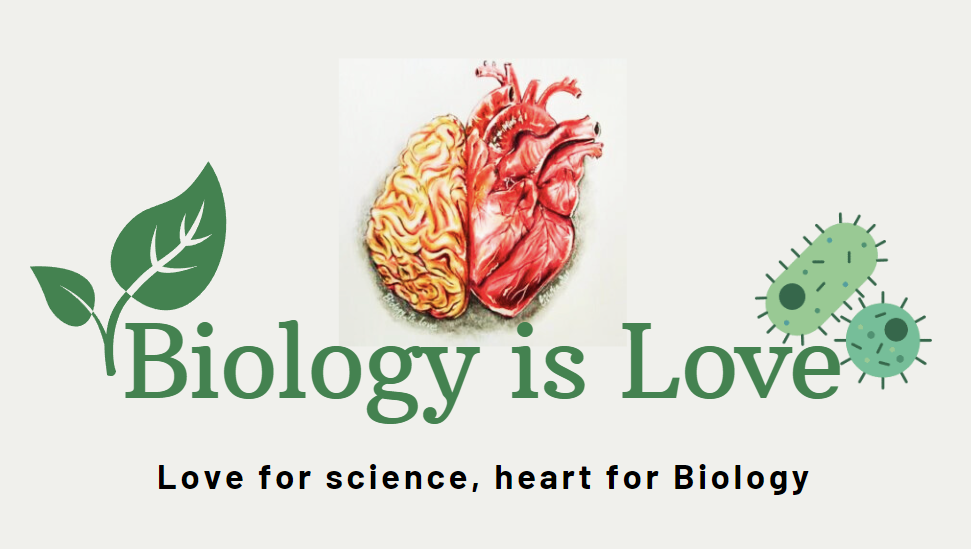Table of Contents
This section deals with the important topics of CSIR NET for Part-C which is known for the analytical questions. To solve those questions, the basic should be cleared with a good analytical ability. The some topics are given unit-wise, which helps everyone to score above 80% in this part. The topics are observed by the previous year questions analysis. Let’s go crack CSIR NET this year.
Unit-1: Molecules and their interactions related to Biology:
- Enzyme kinetics
- Ramachandran plot [protein secondary structure]
- Forms of DNA and their stability
- Glycolysis, ETC and their inhibitors
- Peptide digestions with particular enzymes [Example- Trypsin, Pepsin etc]
- pH concept
Unit-2: Cellular organization:
- Membrane transport [Receptor-mediated endocytosis, ion-channel]
- Protein targeting to the organelles [ER, mitochondria, Nucleus]
- Chromatin Organization [Nucleosomes, SINE, LINE]
- Cytoskeleton
- Cell cycle checkpoints and involved proteins
Unit-3: Fundamental processes:
- Replication.
- DNA repair mechanism.
- Prokaryotic transcription [role sigma factor]
- RNA polymerase inhibitor
- Eukaryotic Transcription
- Eukaryotic RNA polymerase
- Post-translational modification
- t-RNA
- t-RNA synthatase
- Prokaryotic gene regulation (Operon)
- RNAi
- Lambda-phage
- Translation factor and their inhibitors
- Chromatid modification
- long non-coding RNA
Unit-4: Cell communication and cell signaling:
- Cell signaling [specially GPCR and RTK]
- Cell-cell interaction
- Cancer
- Proto-oncogene, Tumor-suppressor gene
- T-antigen (cell mediated)
- Immunity against infectious disease
Unit-5: Developmental Biology:
- Commitment and Specification
- Gametogenesis and fertilization
- Limb development
- Drosophila development
- Plant development [Including ABC model of flower]
Unit-6: System Physiology: Plant:
- Photosynthesis [with particular step inhibitor]
- C3, C4 cycle
- Nitrogen fixation
- Phytohormone [Signaling pathway and roles correlated to abiotic stress]
- Photomorphogenesis [flowering]
Unit-7: System Physiology: Animal:
- Blood
- Vasodilation & vasoconstriction
- Blood pressure regulation [RAAS]
- Ear & Eye
- Adrenal Gland
- Reproductive endocrinology
Unit-8: Inheritance Biology:
- Gene-gene interaction
- Molecular markers
- Microbial genetics
- Pedigree analysis
- Mapping
- Mutations
Unit-9: Diversity of Life forms:
- Non-chordate taxonomy
- Chordate taxonomy
- Plant taxonomy [Angiosperms and Pteridophytes]
- Pathogens – vector-diseases
- Larval form of the insects
Unit-10: Ecological principles:
- Niche concept
- Population growth
- r & K selection
- Community ecology
- Species interaction [competition]
- Conservational biology
Unit-11: Evolution and Behavior:
- Natural selection
- Geological time period
- Population genetics
- Animal behavior
Unit-12: Applied Biology:
- Agrobacterium
- Transgenic animal & plants
- Molecular markers
- Plant tissue culture
Unit-13: Methods in Biology:
- Restriction digestion
- PCR application
- Spectroscopy- UV vis, NMR
- Microscopy
- Biostatistics
- Methods in Field Biology
Some notes related to CSIR NET syllabus:
Click on the link to get the notes related to CSIR NET syllabus: https://thebiologyislove.com/category/csir-net/
